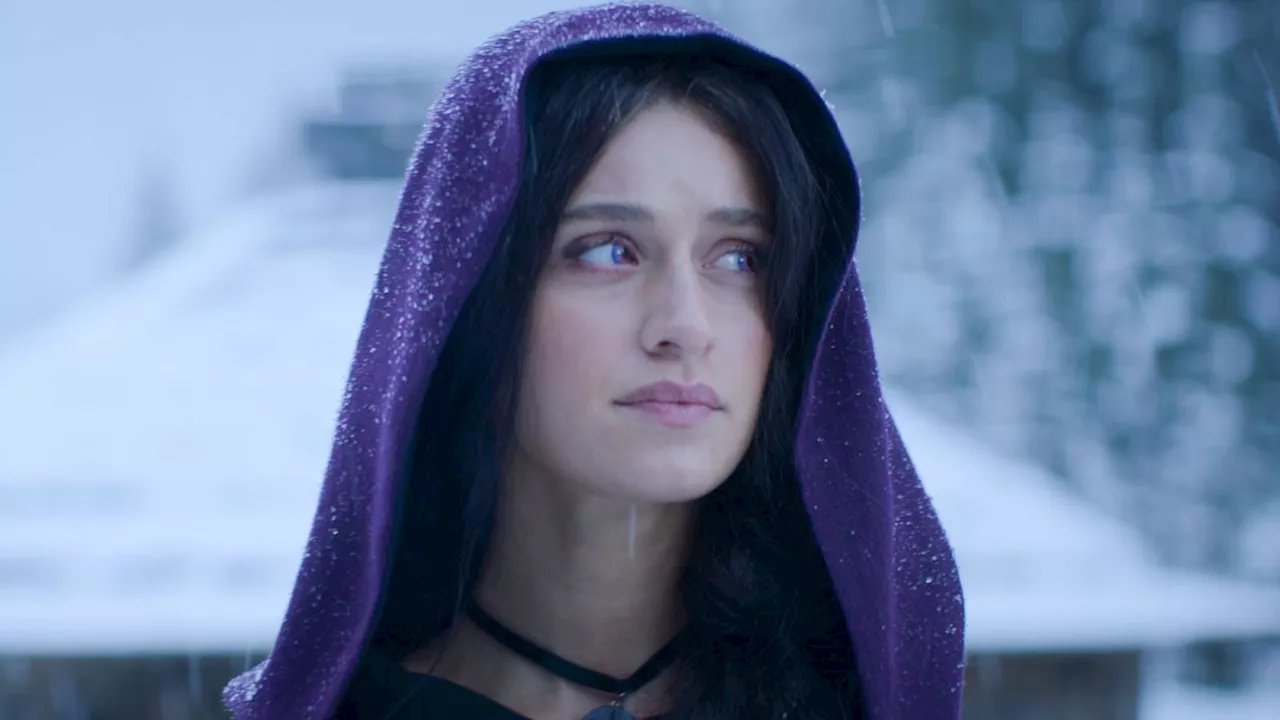The fourth season of Netflix’s fantasy series, The Witcher, has garnered its lowest ratings yet on Rotten Tomatoes, a situation reflecting the streaming giant’s challenging position in adapting popular source material. Despite a dedicated fanbase stemming from both the original books and video games, the latest installment has failed to resonate with audiences and critics alike.
Initially, The Witcher captivated general viewers when it premiered on December 20, 2019. However, the critical reception was more muted, with several reviewers voicing concerns over the series’ deviations from its source material. As the series progressed, particularly with the release of season two, the divergence from the original narrative became increasingly pronounced, leading to significant backlash. While critics praised season two, audience scores plummeted, highlighting a disconnect between critical acclaim and viewer expectations.
In an effort to win back viewers, season four aimed for greater fidelity to the original books by Andrzej Sapkowski. The season’s narrative largely adhered to the source material, apart from one notable storyline involving the character Yennefer, who was creatively reimagined for this adaptation. In the novels, Yennefer’s character is depicted as a jade statue during this part of the story. The writers opted for a more active presence, reasoning that her absence would not be well-received by fans.
Despite these efforts, the response has been overwhelmingly negative. The show has recorded a historically low score from both critics and viewers on Rotten Tomatoes. Critics argue that while the attempt to align more closely with the books was a step in the right direction, the deeper issues plaguing the series were not resolved. The mixed messaging and alterations made in earlier seasons have left a lasting impact on the audience’s perception.
The departure of actor Henry Cavill, who played the titular role of Geralt of Rivia, added further turmoil to the series. Rumors suggest that Cavill’s exit was influenced by frustrations over the show’s narrative direction. His departure not only disappointed longtime fans but also intensified the divisiveness surrounding the series. It is likely that even with a perfect execution of season four, the damage had already been done.
As audiences express disappointment, Netflix must grapple with the ramifications of significant alterations to beloved stories. The lesson appears clear: once a series diverges drastically from its roots, true reconciliation with its fanbase becomes increasingly challenging. The future of The Witcher remains uncertain as Netflix looks to navigate these turbulent waters in the realm of adaptation.







